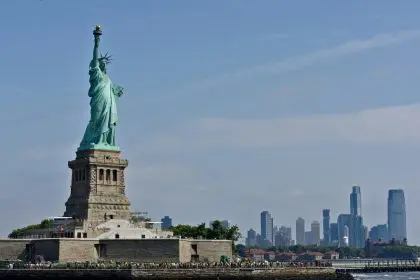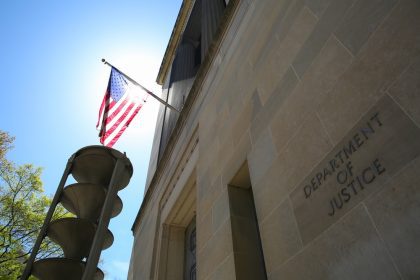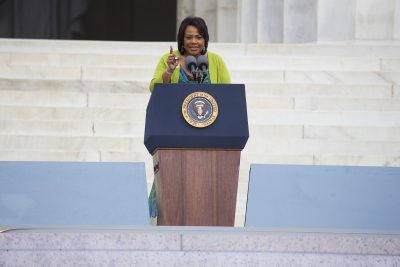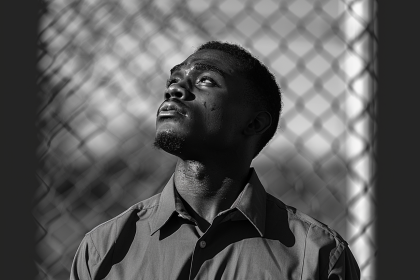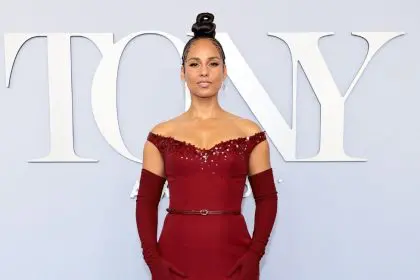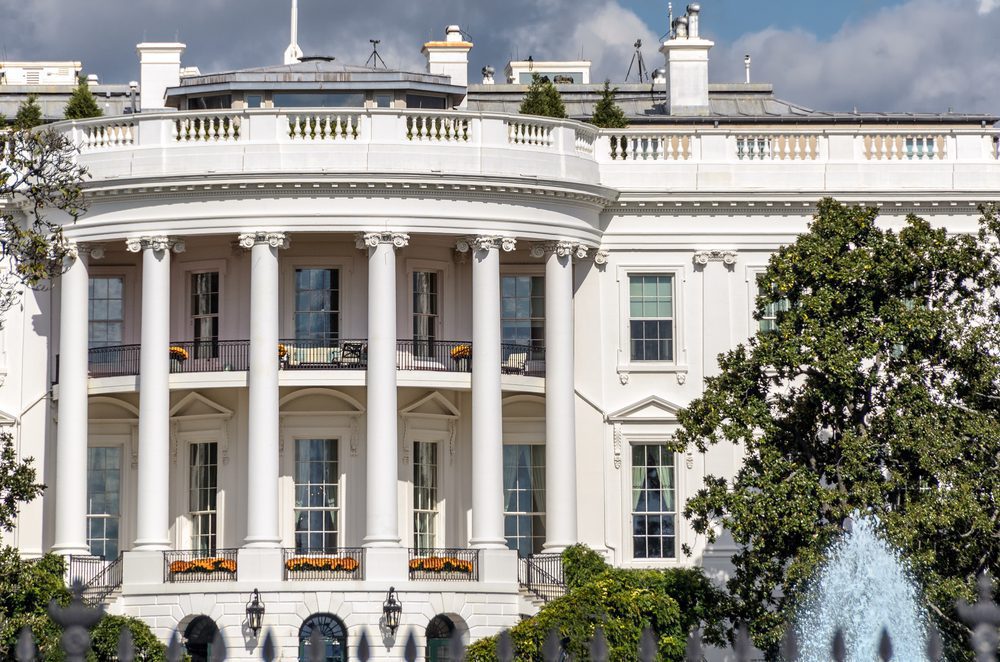
For at least two centuries, Aug. 28 has been associated with freedom and expansion of democratic ideals and principles. The British Slavery Abolition Act received Royal Assent on Aug. 28, 1833, freeing more than 800,000 enslaved Africans in the Caribbean and South Africa as well as a small number in Canada.
Ten suffragists were arrested as they picketed U.S. President Woodrow Wilson for women’s right to vote at the White House on Aug. 28, 1917.
On Aug. 28, 1955, two White men named Roy Bryant and J.W. Milam abducted, tortured and lynched a 14-year-old Black boy named Emmett Till. Mamie Till Bradley, his mother, insisted on allowing the Chicago Defender, Jet magazine and other Black newspapers to run photos of his mutilated body, sparking outrage and galvanizing the “Emmett Till Generation” to fight racism and discrimination. Some historians characterize this tragic event as the beginning of the 20th-century movement for civil rights in the United States.
On Aug. 28, 1963, 100 years after the signing of the Emancipation Proclamation, approximately 250,000 people marched down Constitution and Independence Avenues to the Lincoln Memorial and into history to hear Dr. King proclaim the dream of a nation that would no longer practice Jim Crow segregation, deny citizens the right to vote or practice race discrimination in virtually every sector of social, economic and political life in the United States.
Barack Obama, the first Black President of the United States, was nominated by the Democratic Party in Denver, Colorado on Aug. 28, 2008.
Following in this tradition, it is altogether fitting and proper that the nation should gather on Aug. 28, 2021, to march once again on Washington, to dramatize the struggle to secure the right to vote, guarantee fair election administration, an end to racial and political gerrymandering and to outlaw the obscene influence of money in U.S. politics.
Led by a coalition of the nation’s leading civil rights organizations, this March on Washington is not a march for Black people only, or women only, or only people of color. Everyone who believes in freedom, equality, equal opportunity, democracy and majority rule, should consider marching on Aug. 28.
Marching together, advocates and their allies can move us all closer to the ideal of a nation conceived by our mothers and fathers in liberty and dedicated to the proposition that all men and women are created equal.

